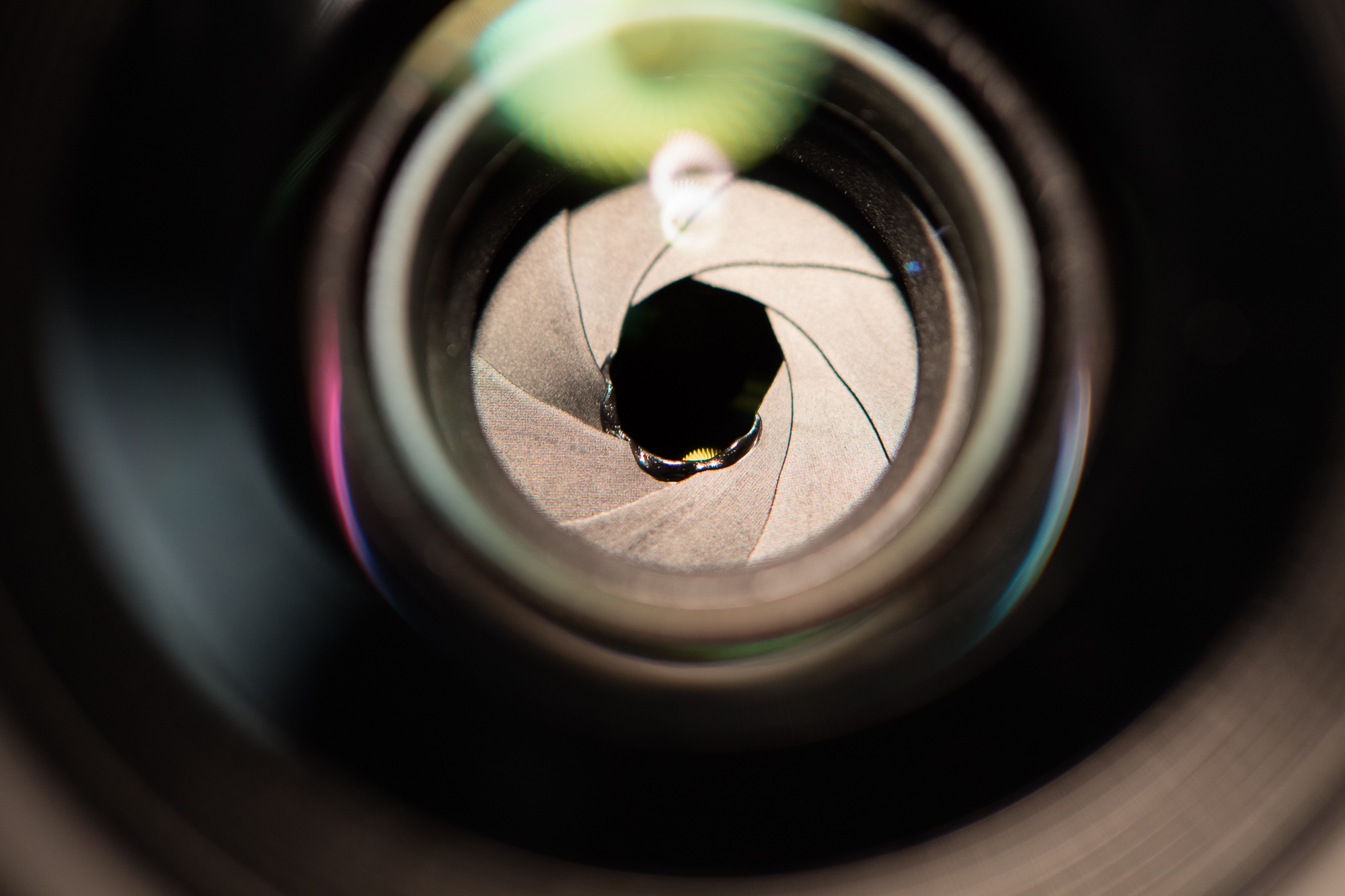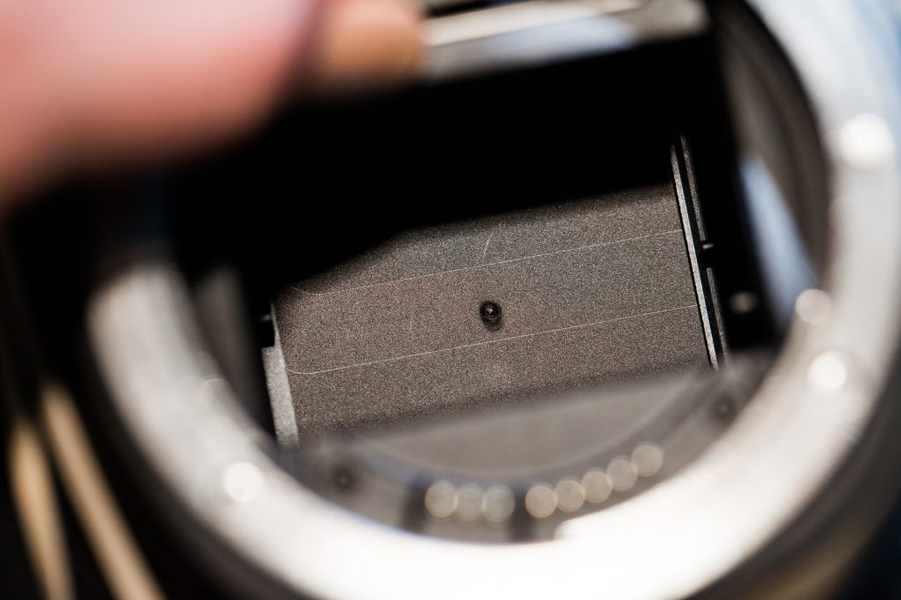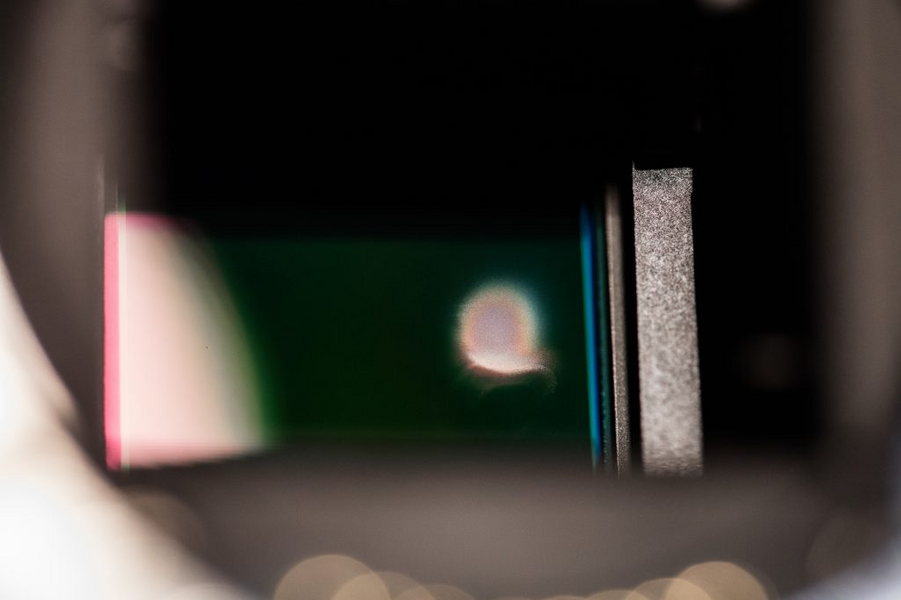pdk42
Moderator
- Joined
- Dec 5, 2022
- Messages
- 2,548
So, the new S1ii models support a feature where the shutter is closed when you power off the camera - I guess to protect against dust.
But its use comes with this warning when you enable it:
So I have two questions really:
- Is the shutter more likely to be damaged than the sensor if the sun gets focussed onto either of them?
- What are the risks in any case? Is it worse with a telephoto lens? How long would it take for damage to occur?
What's everyone else's thoughts on this?
But its use comes with this warning when you enable it:
Ignoring the bad English grammar (can't Panasonic get someone to check this stuff?), I'm a bit surprised by the first part of this warning. I'm assuming it means with a lens attached since in that case the sun might be focussed onto a spot on the shutter. The conclusion can only be that the shutter material can't withstand the temperature of a focussed sun onto it. It's also implying that the sensor does not have the same problem, which I'm sceptical about.The shutter may be damaged if pointed the camera towards strong light sources such as sunlight or if touched it while the camera is turned off.
So I have two questions really:
- Is the shutter more likely to be damaged than the sensor if the sun gets focussed onto either of them?
- What are the risks in any case? Is it worse with a telephoto lens? How long would it take for damage to occur?
What's everyone else's thoughts on this?


